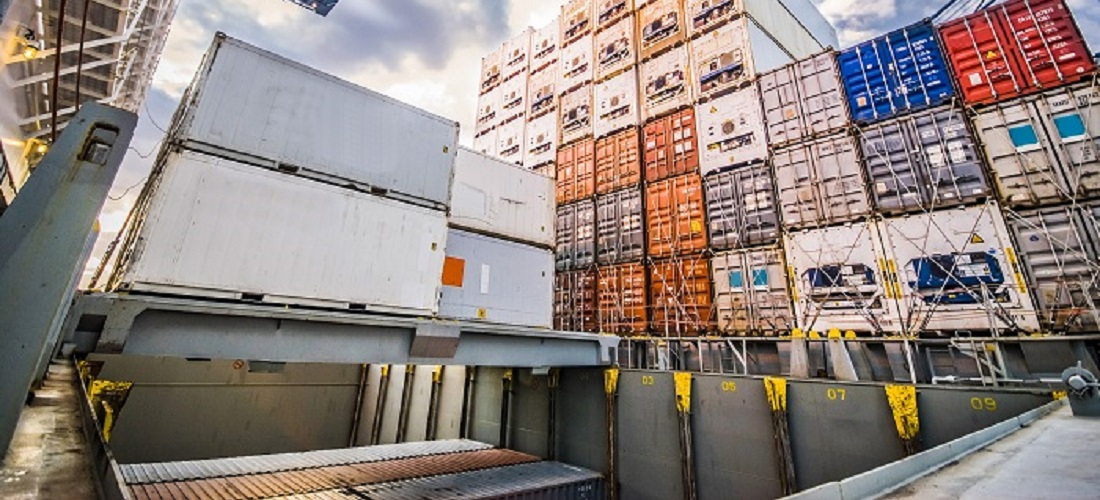
Study Criticizes Restrictions on Shipowner Participation in Container Terminal Tenders
Jul, 25, 2024 Posted by Gabriel MalheirosWeek 202430
Restricting shipowner participation in tenders for container terminals is detrimental to competition and is being recommended by regulatory bodies without substantial evidence to justify such interventions.
This conclusion is drawn from the study “Restrictions on the Participation of Shipowners in Competition for the Port Leasing Market, Efficiency and Competitiveness” by lawyers Rafael Véras de Freitas and Leonardo Coelho Ribeiro, published this week by PSP Hub, a think tank focused on infrastructure issues. The full text can be accessed here.
Port regulators and authorities have been concerned about the vertical integration of container port terminals, especially with impending auctions for large port terminals in Itajaí (SC) and Santos (SP). Shipowners, who already control their own terminals in many countries, argue that they should be allowed to participate in new tenders without restrictions. Conversely, terminal operators unaffiliated with shipowners claim that such vertical integration fosters anti-competitive practices and calls for restrictions during the bidding process.
Although the current federal administration has delayed auctions since 2023 due to the need to revisit projects, rising container throughput has recently sparked complaints from various sectors about port capacity and delays. This situation suggests that the issue of shipowner participation will resurface, prompting new auctions.
The study’s authors, partners at BCVL Advogados, expressed concerns to the iNFRA Agency that previous decisions by ANTAQ (National Land Transport Agency) and the TCU (Federal Audit Court) will maintain preemptive restrictions on shipowner participation.
According to the authors, Cade’s (Administrative Council for Economic Defense) opinions highlight the need to assess the behavior of market agents to determine if vertical integration harms competition. They argue that benefits and costs to users must be measured: if benefits outweigh costs, the operation should proceed without restrictions; if not, appropriate anti-competitive measures should be considered.
“Ignoring Efficiencies”
However, the current regulatory logic imposes ex-ante restrictions on shipowner participation, preventing a thorough analysis of potential benefits and costs. The authors argue, “[These are] restrictions that disregard, ex-ante and in non-compliance with the regulatory framework of the port sector, the efficiencies that can be experienced through the vertical integration of links in the port logistics chain, notably due to the reduction of transaction costs – which, ultimately, will benefit the user of a public service.”
Véras and Ribeiro contend that shipowners lack the market power to justify such interventions, as they operate in a competitive environment. They also assert that port terminals do not constitute essential facilities in regulatory terms, as customers have various logistical options.
The study’s findings suggest that current regulatory approaches need to be reconsidered and that a more evidence-based analysis is needed to ensure competitive and efficient port operations in Brazil.
-
Ports and Terminals
Mar, 15, 2024
0
Goiás delegation tours Açu Port seeking chances to expand agricultural production
-
Ports and Terminals
Aug, 10, 2022
0
Strong winds force Port of Santos to paralyze navigation
-
Oil and Gas
Jan, 13, 2022
0
Petrobras increases LNG imports by 200% in 2021
-
Fish
Oct, 25, 2023
0
Fisheries industry in Brazil concerned over incoming tilapia imports



